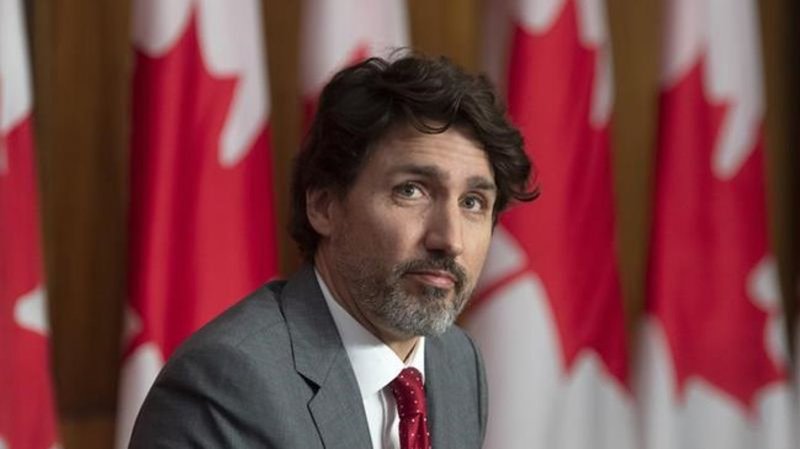
Liberals approve basic income, pharmacare, long-term care standards at convention
OTTAWA — Grassroots Liberals have overwhelmingly endorsed a resolution calling on the federal government to develop and implement a universal basic income — despite Prime Minister Justin Trudeau’s apparent lack of enthusiasm for the idea.
The resolution, co-sponsored by the Liberal caucus, passed by a vote of 491-85 Saturday at the governing party’s virtual convention.
It will automatically become official party policy, along with 10 other top priority resolutions that were fast-tracked at the convention.
Another 26 resolutions were also approved Saturday morning but must still go through another vote later in the day to be narrowed down to 15 and become official party policy.
